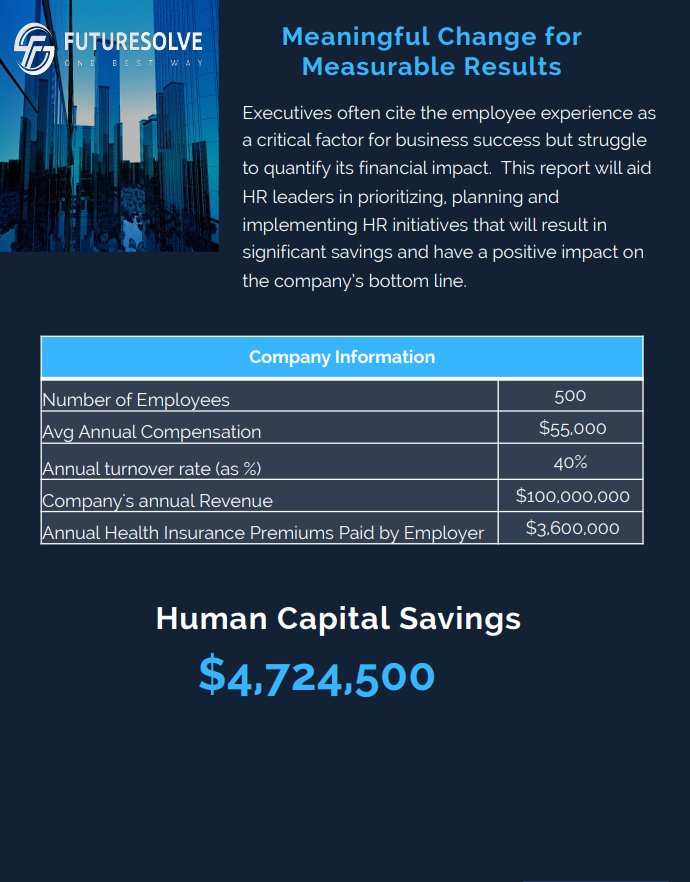As we step into the year 2024, businesses are gearing up for another wave of challenges and opportunities. In this dynamic landscape, the role of Human Resources (HR) has never been more critical. The rapidly evolving workforce, technological advancements, and global shifts demand a strategic approach to HR management. Here, we explore the top HR priorities for businesses in 2024, focusing on key areas that will shape the future of work.
Embracing Remote and Hybrid Work Models:
The workplace paradigm has undergone a significant transformation, with remote and hybrid work becoming the new norm. HR departments must prioritize creating flexible work environments, implementing robust remote work policies, and ensuring effective communication and collaboration among distributed teams. Strategies to foster employee engagement, well-being, and performance in virtual settings will be pivotal.
Prioritizing Employee Well-being:
Employee well-being is no longer a buzzword but a fundamental aspect of HR strategy. Mental health support, wellness programs, and initiatives that promote work-life balance are essential. In 2024, businesses will invest in comprehensive well-being programs to nurture a healthier, more motivated workforce, ultimately boosting productivity and retention.
Enhancing Diversity, Equity, and Inclusion (DEI) Initiatives:
Diversity, equity, and inclusion have become central to organizational success. HR leaders will continue to prioritize DEI initiatives to create inclusive workplaces that celebrate diversity. This involves not only recruiting diverse talent but also fostering an environment where all employees feel valued and have equal opportunities for growth and advancement.
Adopting AI and Automation in HR Processes:
Technological advancements, especially in artificial intelligence (AI) and automation, are reshaping HR functions. Automating repetitive tasks, leveraging AI for talent acquisition, and utilizing data analytics for workforce planning are key priorities. HR professionals need to upskill to harness the power of these technologies and streamline their processes for greater efficiency.
Developing Agile Leadership and Skill Development:
The pace of change in the business landscape requires agile leadership. HR teams will focus on identifying and developing leadership skills that are adaptable to rapid shifts. Continuous learning and skill development programs will be crucial to ensure that employees stay relevant and can contribute effectively in an ever-evolving workplace.
Building a Strong Employer Brand:
In a competitive job market, attracting and retaining top talent relies on a strong employer brand. HR leaders will invest in employer branding strategies that showcase the company’s values, culture, and commitment to employee growth. A positive employer brand not only attracts talent but also enhances employee satisfaction and loyalty.
Ensuring Cybersecurity and Data Privacy:
With the increasing reliance on digital tools and remote work, safeguarding employee data is paramount. HR professionals will collaborate with IT departments to ensure robust cybersecurity measures and compliance with data privacy regulations. Building a culture of security awareness among employees will also be a priority.
Conclusion:
As businesses navigate the challenges and opportunities of 2024, HR departments play a pivotal role in shaping the future of work. By embracing remote work, prioritizing employee well-being, advancing diversity and inclusion, adopting technology, developing agile leadership, building a strong employer brand, and ensuring cybersecurity, HR professionals can contribute significantly to organizational success in the years to come. The key is to remain proactive, agile, and focused on creating an environment that empowers employees and fosters continuous growth.





























